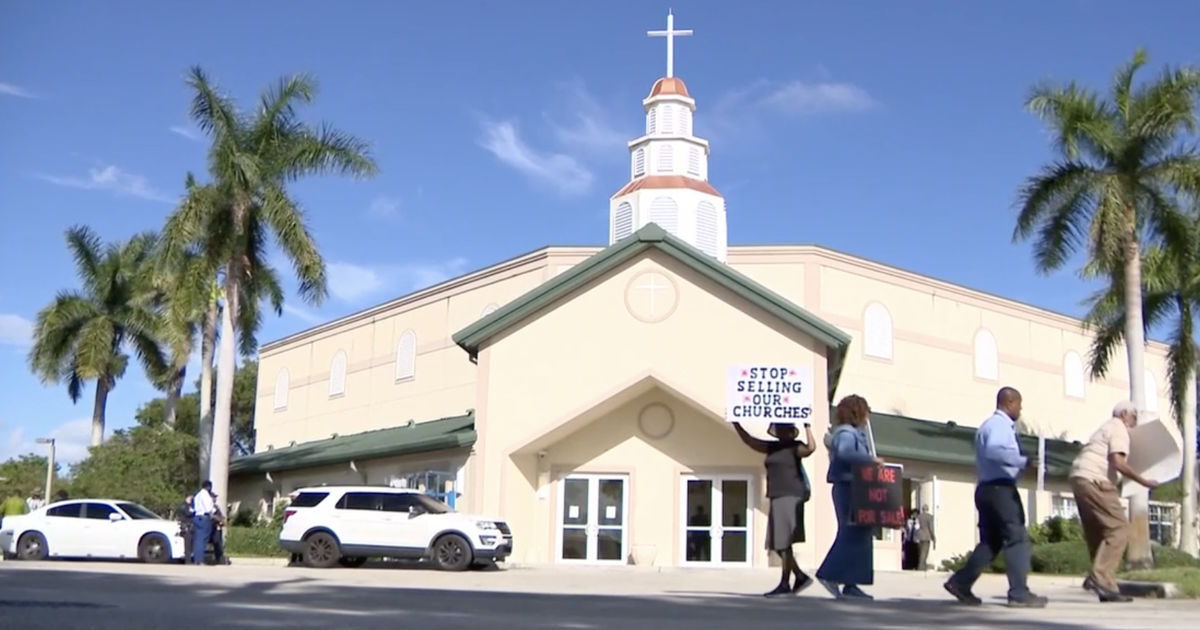I once raised a question several years ago on a popular South Florida gospel radio show which inquired, “If a church stops operating and has to be sold, who becomes the beneficiaries of its assets?” The short answer was “no one who contributed to it and everyone who controlled it,” i.e. pastors, board of trustees or Christian conferences and associations.
Examples and outcomes of my claims include the recent foreclosure of Liberty City’s New Providence Missionary Baptist Church, as well as an ongoing trend of various South Florida churches being put up for sale, as reported by Local 10.
Historically, the Black church was the first free Black institution in America that built and gave birth to free Black institutions across America. Unfortunately, Black churches have fallen prey to poor bylaws, untrustworthy trustees, and leaders who’ve traded their Gospel anointing as prophets for greedy ambitions to make profits.
Today’s Black churches have missed a plethora of opportunities to economically evangelize to Black communities. Those include:
Establishing congregational land trusts to protect present property ownership from future predatory leadership (LUKE 14:28-30)
Establishing a “membership-to-ownership” trust fund by allocating 10% of tithes to home building opportunities for its present members, while building 403B investment opportunities for its future members (ACTS 4:32-35)
Establishing a “secured credit card scholarship” trust fund to teach teens who are transitioning into young adults how to build credit and career security for their future (PROVERBS 22:6)
Establishing a “minors memorial” trust fund to provide burial or relocation assistance for families and communities whose children were victims of homicide (MATTHEW 5:4)
Partnering with HBCUs to offer professional CEUs at communal Bible studies to expand degreed opportunities in Black communities (2 TIMOTHY 2:15)
These are just a few ideas that derived from the anger in me and the advocacy around me. In closing, Benjamin Franklin once said two things that shaped America as a country and nation and that can also be said to reshape African communities and neighborhoods, which were:
1. “If we don’t hang together, we will hang separately.”
2. “If men can do evil with religion, where will they be without it?”
This letter has been edited for clarity.

